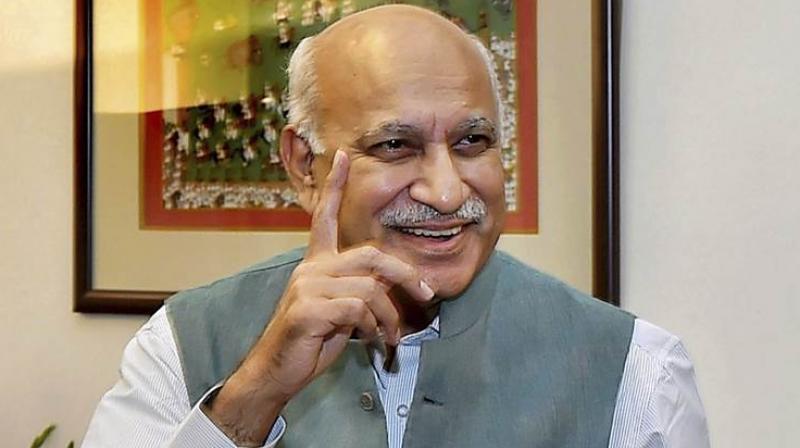Why Did the Trinamool Congress Opt Out of the Delegation?
The Trinamool Congress (TMC), led by Mamata Banerjee, announced it would not participate in the Operation Sindoor delegations. The party specifically instructed its Lok Sabha MP, Yusuf Pathan, a former cricketer, not to join the delegation led by JDU MP Sanjay Kumar Jha, which was scheduled to visit Indonesia, Malaysia, South Korea, Japan, and Singapore. TMC did not provide an official reason, but sources highlighted two key factors: first, the government named Pathan without consulting TMC’s leadership, contacting him directly, which the party viewed as a breach of protocol. Second, TMC believes foreign policy is the Union government’s sole responsibility, and it should not involve opposition parties in such diplomatic initiatives. Another TMC MP, Sudip Bandyopadhyay, also declined participation, citing health reasons, reinforcing the party’s stance.
Operation Sindoor was India’s cross-border counter-terrorism operation in response to the Pahalgam terror attack. To counter Pakistan’s narrative and project a unified stance against terrorism, the Indian government formed seven all-party parliamentary delegations in 2025. These groups, comprising 51 leaders from various political parties, were tasked with visiting 32 countries and the EU headquarters to articulate India’s zero-tolerance policy on terrorism. The delegations aimed to strengthen India’s global position, emphasizing national unity and resolve in the face of terror threats. Leaders like Shashi Tharoor (Congress), Ravi Shankar Prasad (BJP), and Kanimozhi (DMK) were chosen to lead these diplomatic missions, ensuring a broad representation of India’s political spectrum to convey a cohesive message.
What Were the Key Statements from TMC Leaders?
TMC leaders expressed a clear stance on their withdrawal. A senior TMC leader stated, “Foreign policy is entirely within the domain of the Union government. Therefore, let only the Union government decide our foreign policy and take complete responsibility for it.” This reflects TMC’s belief that the Centre should handle international diplomacy without involving opposition parties. The party’s decision to instruct Yusuf Pathan not to join the delegation, despite his initial inclusion, underscores their firm position. While TMC remained tight-lipped on further details, their communication to the central government was formal, indicating a deliberate and strategic choice to abstain from the multi-party initiative.
Why Is TMC’s Withdrawal Significant for Indian Politics?
TMC’s decision to opt out of the Operation Sindoor delegations has notable implications for Indian politics and diplomacy. By withdrawing, TMC risks criticism from the BJP and its allies, who may portray the move as undermining a unified national response to terrorism, particularly when India seeks to counter Pakistan’s global narrative. This could intensify political polarization, with the BJP potentially framing TMC’s absence as a lack of commitment to national security. Conversely, TMC’s stance highlights its view that foreign policy is the Centre’s sole domain, reflecting tensions between state and national priorities. The absence of TMC weakens the perception of a united front, which may impact the effectiveness of India’s diplomatic efforts. As elections approach, this decision could shape voter perceptions, with parties leveraging the issue to critique opponents or rally their bases, influencing the broader political landscape.





















